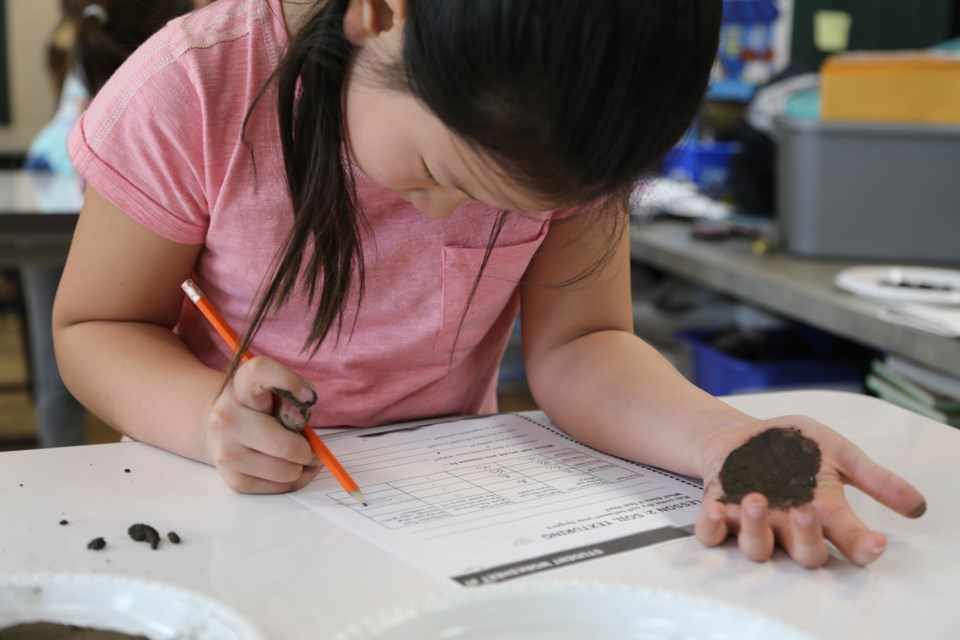MOOSE JAW — Nearly 100 Catholic students with learning or behavioural issues and who require intensive support are on intervention plans to ensure their needs are being met inclusively.
There are 95 children this year in Holy Trinity Catholic School Division who are on Inclusion and Intervention Plans (IIPs), which is 13 more — a jump of four per cent — than in 2023-24, according to a student services accountability report presented during the February board meeting.
This is a program that the Ministry of Education runs.
Schools with the most students on IIPs include Sacred Heart with 27, St. Agnes with 25 and All Saints, Swift Current with 23. Meanwhile, by grade, there are 14 kids in grades 2 and 3 and 12 in kindergarten on IIPs.
The IIP document includes student identification and background information; a summary of the student’s strengths, interests, learning styles and learning needs; and areas of focused development such as independence, communication, motor skills or academic achievement.
The document also includes measurable outcomes for areas of development; strategies and resources to help students successfully achieve their outcomes; the team members who offer support; plans for assessment and progress reviews; and plans for short- and long-term transitions.
Sarah Phipps, superintendent of learning, explained that these children are in a regular classroom but have learning plans different than their peers. Moreover, the purpose of IIPs is for learning and development.
“A lot of our families believe that they send their children to learn, and that is it, but … some of our children need an additional level of support … ,” she said, which could include focusing on developmental, cognitive, physical or communication.
IIPs are “quite intensive,” and chances are students with such plans — usually they have autism, attention deficit hyperactivity disorder (ADHD), or both — also have outside community support from professionals such as pediatricians, social workers and speech-language therapists, the superintendent continued.
It's up to the families to share these IIPs with the school, as some may be open to sharing with everyone — especially for conditions like seizures — while others are private and want only a few adults to know, said Phipps.
Moreover, there may be sensitive information that is not relevant in an academic setting, so it’s only shared with people like the principal and student services teachers, she continued.
Meanwhile, new IIPs are created in June to help the student’s new teacher understand more about that youth, while in September, the division may meet with parents about possible changes, the superintendent said. Also, students may be placed in different classrooms or the same room if they have similar needs and can both be pulled out simultaneously for extra support.
One positive development with IIPs is that post-secondary institutions no longer require Grade 12s to provide updated educational psychiatric reports before enrolling, Phipps said.
Previously, the division would re-test graduates because universities and colleges mandated updated psychiatric evaluations so students could receive proper services. Now, Holy Trinity can have a doctor authorize an existing document — which is easier on families — or provide something new if required.
“So, that is honestly amazing,” she stated, adding that one psychiatric test costs $2,500 to $2,750.
Meanwhile, one issue Holy Trinity faces is some families have physicians diagnose their children and don’t tell the school or the division what the results are, making it difficult to acquire accurate data, said Phipps.
Some families have told her that they keep those diagnoses private since they don’t want their child to be labelled, made an outcast, or picked on, she added. Yet, most families want their children’s issues known so they receive support and strategies to be successful.




